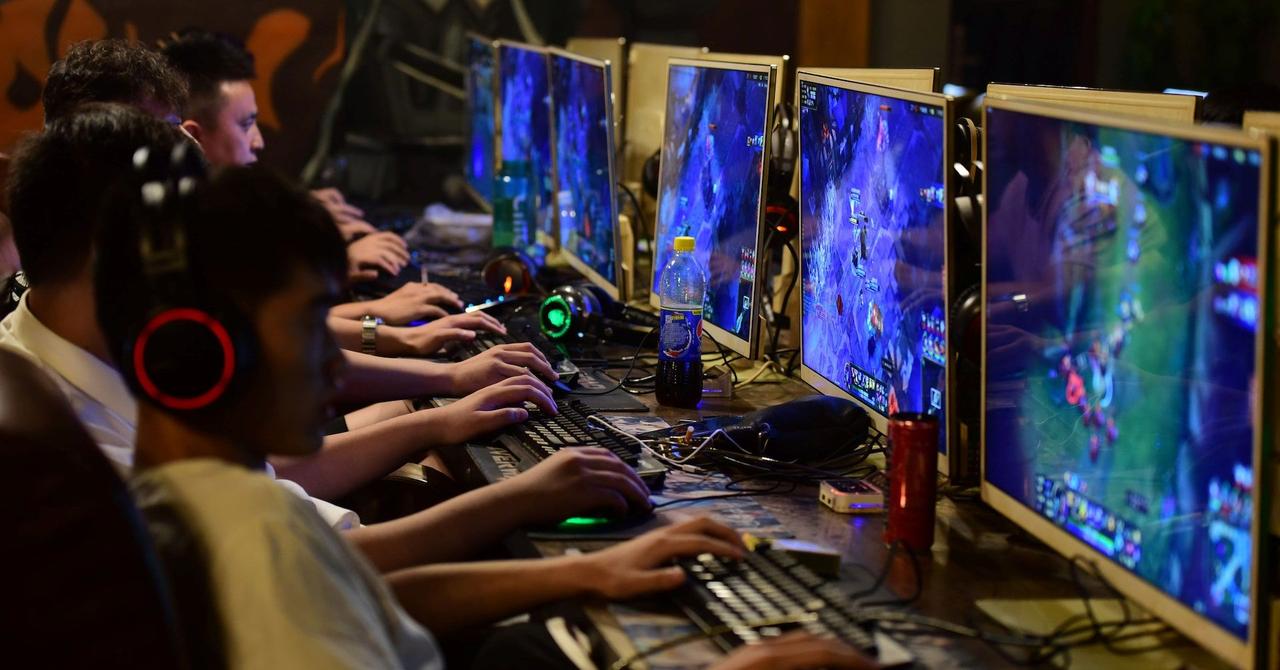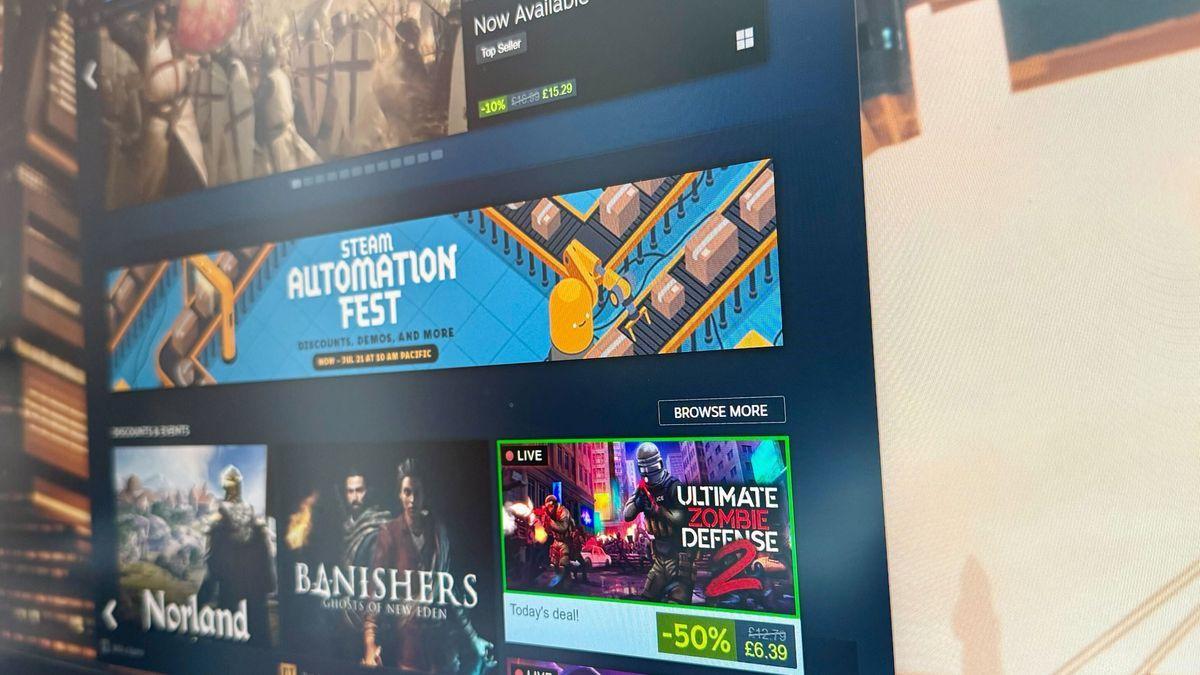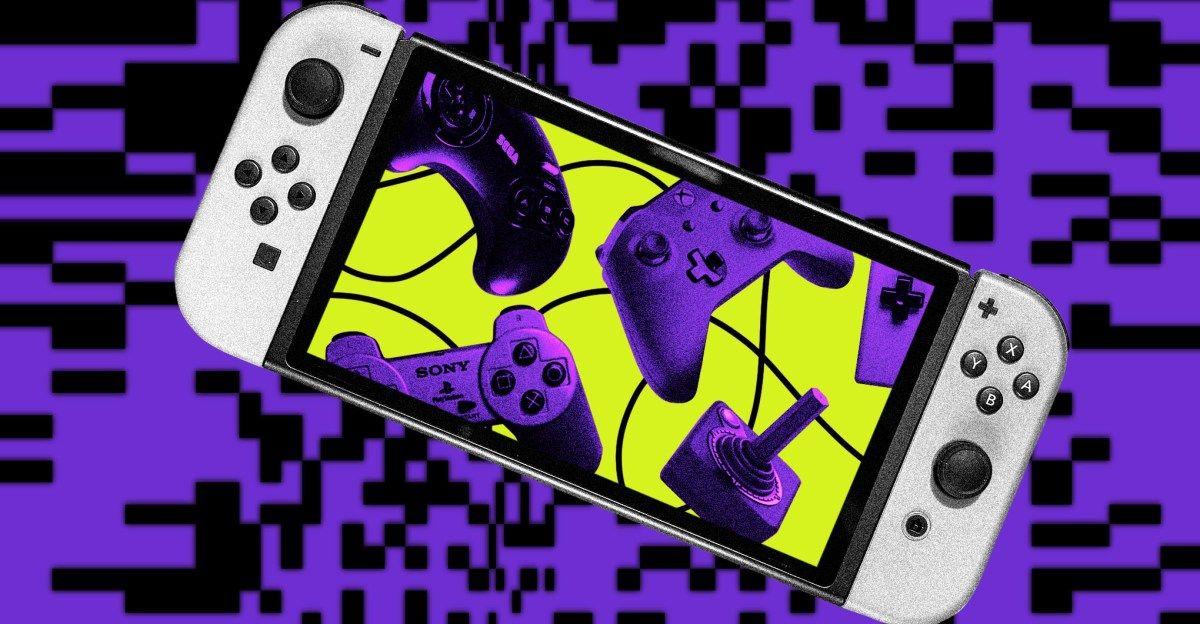AI Revolution in Japanese Game Development: Over Half of Companies Embrace the Technology
3 Sources
3 Sources
[1]
Over half of Japanese game companies are using AI in development, states report from Tokyo Games Show organiser
Over half of Japanese game companies are using AI in development, according to the country's Computer Entertainment Supplier's Association (CESA) that runs the Tokyo Games Show. The claim is based on responses from 54 Japanese game companies in a preview of the 2025 CESA Video Game Industry Report (as reported by The Nikkei). The survey sample is taken from CESA's member companies, which include the likes of Capcom, Konami, FromSoftware, Square Enix and Sega, as well as smaller indie studios. The report preview stated 51 percent of companies are using AI, with the most common use being generating visual assets and character images, as well as story and text generation, followed by programming support. Further, 32 percent of companies are using AI to develop their own game engines. The report will be released in full in early December, so specifically cited uses of AI remain under wraps. However, some Japanese companies have been open about their use of AI. Nintendo, notably absent from the CESA member list, has taken a stance against AI. Last year, Shigeru Miyamoto stated the company would "rather go in a different direction" as part of its pursuit of originality.
[2]
CESA: 51% of Japanese game firms use AI in development
A report from Japan's Computer Entertainment Supplier's Association (CESA) indicates more than half of surveyed Japanese game companies are using artificial intelligence in development. The claim is based on responses from 54 companies for a preview of an upcoming report. The preview, reported by The Nikkei, is from the 2025 CESA Video Game Industry Report, which is scheduled for a full release in early December. The survey sample was drawn from CESA's member companies, a list that includes major publishers such as Capcom, Konami, FromSoftware, Square Enix, and Sega, as well as smaller independent studios. CESA is the organizing body behind the annual Tokyo Games Show. According to the preview data, 51 percent of the responding companies confirmed they are using AI. The most common applications cited were for the generation of visual assets and character images. Other primary uses included story and text generation, followed by programming support. The survey also found that 32 percent of the companies are using AI to develop their own proprietary game engines. Several Japanese companies have been open about their engagement with AI. In 2024, Square Enix CEO Takashi Kiryu stated the company would be "aggressive in applying AI." Subsequently, developers for the company's shooter, *Foamstars*, admitted they had "dabbled" with the technology during the game's production. Other publishers have also explored AI integration. In 2023, the publication Automaton reported that *Professor Layton* studio Level-5 used the AI tool Stable Diffusion. Earlier this year, Capcom was known to be experimenting with generative AI. Sega also maintains an established in-house AI team to work with the technology. By contrast, Nintendo has publicly taken a different stance and is notably absent from the CESA member list. In a statement made last year, company executive Shigeru Miyamoto declared that Nintendo would "rather go in a different direction." He linked this decision to the company's fundamental pursuit of originality in its creative work. The subject of AI was also a recurring theme at the recent Gamescom industry event. There, the technology was described by some independent studios as an invaluable tool for their development processes, indicating a wider trend within the global industry.
[3]
Over 50% of Japanese developers now using generative AI in game development
We've heard for a while that AI was going to start creeping its way into our media, and now it seems it's here to stay. As per a report from Japan's Computer Entertainment Supplier's Association (CESA), 51% of Japanese game companies are now using generative AI in some way in game development. According to the CESA report (thanks, Automaton), the most common use for AI is in image generation, creating visual assets for characters and more. This was followed by story and text generation, with programming support making up the rest of the AI usage. 32% of the game companies that CESA surveyed for the report are apparently looking to AI for it to assist in the creation of an in-house game engine. CESA's membership includes brands like Sega and Capcom, which were surveyed as part of this report. While this might seem all doom and gloom, there are still large Japanese companies avoiding AI for now, seeing where the technology will go.
Share
Share
Copy Link
A recent report reveals that 51% of Japanese game companies are now using AI in their development processes. The trend highlights the growing influence of AI in the gaming industry, with applications ranging from asset generation to engine development.
AI Adoption Surges in Japanese Game Development
A groundbreaking report from Japan's Computer Entertainment Supplier's Association (CESA) reveals that over half of Japanese game companies (51%) are now incorporating artificial intelligence (AI) into their development processes
1
2
. The survey, sampling 54 CESA members including industry giants like Capcom, Konami, FromSoftware, Square Enix, and Sega, highlights a significant industry shift.
Source: Dataconomy
Diverse AI Applications
The CESA report, scheduled for full release in early December, details varied AI applications. Most commonly, AI is used for generating visual assets and character images, followed by story and text generation, and programming support
1
3
. This indicates AI's potential to streamline diverse creative aspects.AI-Powered Game Engines and Industry Engagement
Notably, 32% of surveyed companies are leveraging AI to develop their own proprietary game engines
2
. This demonstrates growing confidence in AI's capacity to enhance foundational game development tools. Major companies are embracing this trend; Square Enix's CEO, Takashi Kiryu, stated the company's aggressive stance on AI application, with Foamstars developers admitting AI experimentation. Other players like Level-5, Capcom, and Sega also utilize or explore generative AI2
.Related Stories
Nintendo's Unique Stance and Global Context
In contrast, Nintendo, not a CESA member, is pursuing a different direction. Executive Shigeru Miyamoto emphasized originality over AI adoption last year
1
2
. Globally, AI integration in game development is a broader trend, as evidenced by its prevalence at events like Gamescom, where independent studios lauded AI as an invaluable tool2
. This highlights AI's increasing role across the international gaming industry.
Source: Eurogamer
References
Summarized by
Navi
[1]
[2]
Related Stories
Sega acknowledges strong resistance to AI but commits to cautious approach in game development
05 Dec 2025•Business and Economy

AI Agents Revolutionize Game Development: 87% of Developers Already on Board
19 Aug 2025•Technology

Generative AI Usage in Steam Games Surges by 700% in 2025, Raising Concerns and Opportunities
17 Jul 2025•Technology

Recent Highlights
1
Google Gemini 3.1 Pro doubles reasoning score, beats rivals in key AI benchmarks
Technology

2
Meta strikes up to $100 billion AI chips deal with AMD, could acquire 10% stake in chipmaker
Technology

3
Pentagon threatens Anthropic with supply chain risk label over AI safeguards for military use
Policy and Regulation





